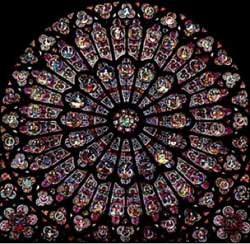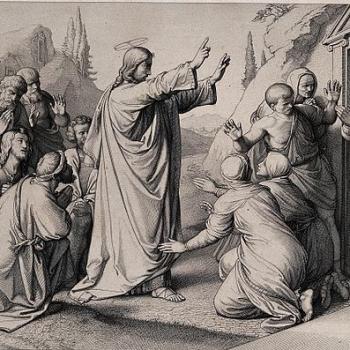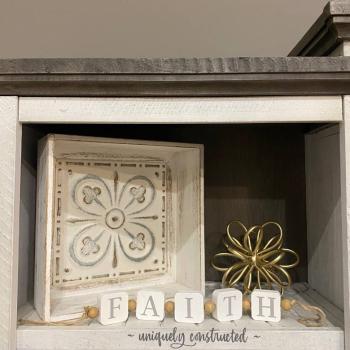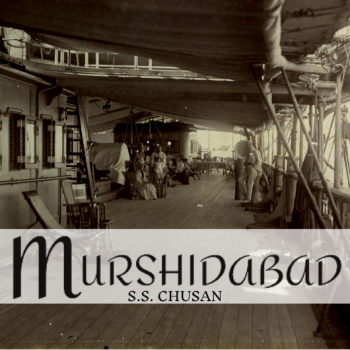 Since my conversion, I have read many a book about saints, angels, prayer, virtues, and all those good Catholic subjects. Reviewing the list, however, I was surprised to see how few of them covered Catholicism as a whole.
Since my conversion, I have read many a book about saints, angels, prayer, virtues, and all those good Catholic subjects. Reviewing the list, however, I was surprised to see how few of them covered Catholicism as a whole.
The Catechism of the Catholic Church, of course, is a reference I use regularly. The impeccable logic of Peter Kreeft's Catholic Christianity helped settle my mind about Catholic teachings on controversial issues. Catholicism for Dummies and The Complete Idiot's Guide to the Catholic Catechism are favorite references.
None of them, however, are designed to be engaging, uplifting reading (although the Catechism certainly can perform that function).
Enter Catholicism: A Journey to the Heart of the Faith by Father Robert Barron. Barron has the knack of articulating Catholic theology in a way that makes one sit up in astonishment and delight as well-worn concepts take on fresh, new life. Look at his presentation of what the Incarnation means to us, as human beings.
In their own ways, Marx, Freud, Feuerbach, and Sartre all maintain that God must be eliminated if humans are to be fully themselves. But there is none of this in the Christian doctrine of the Incarnation. The Word does indeed become human, but nothing of the human is destroyed in the process; God does indeed enter into his creation, but the world is thereby enhanced and elevated. The God capable of incarnation is not a competitive supreme being but rather, in the words of Saint Thomas Aquinas, the sheer act of being itself, that which grounds and sustains all of creation, the way a singer sustains a song.
And the Incarnation tells us the most important truth about ourselves: we are destined for divinization. The church fathers never tired of repeating this phrase as a sort of summary of Christian belief: Deus fit homo ut homo fieret Deus (God became human so that humans might become God). God condescended to enter into human flesh so that our flesh might partake of the divine life, that we might participate in the love that holds the Father, Son, and Holy Spirit in communion. And this is why Christianity is the greatest humanism that has ever appeared, indeed that could appear. No philosophical or political or religious program in history—neither Greek nor Renaissance nor Marxist humanism—has ever made a claim about human destiny as extravagant as Christianity's. We are called not simply to moral perfection or artistic self-expression or economic liberation but to what the Eastern fathers called theiosis, transformation into God.
God's noncompetitive love and our transformation into the divine are touchstones that Barron returns to throughout the book. As he presents Catholicism in all its complexity—from Jesus as warrior to Mary and the saints to the Eucharist and beyond—readers begin to grasp that love and transformation are indeed the core of the Catholic faith.
Barron's enthusiasm is palpable and his examples vivid. I especially enjoyed the way he wove imagery throughout his text, only to suddenly expand it to make larger theological points. I already was familiar with Noah's ark as an image of the Church, as a place of safety for all. However, it was a revelation when he took it one step further and pointed out how medieval architects reinforced the connection by endeavoring to make cathedrals look like great ships. He gave me potent, mind's-eye images that stuck with me through the rest of that section.





